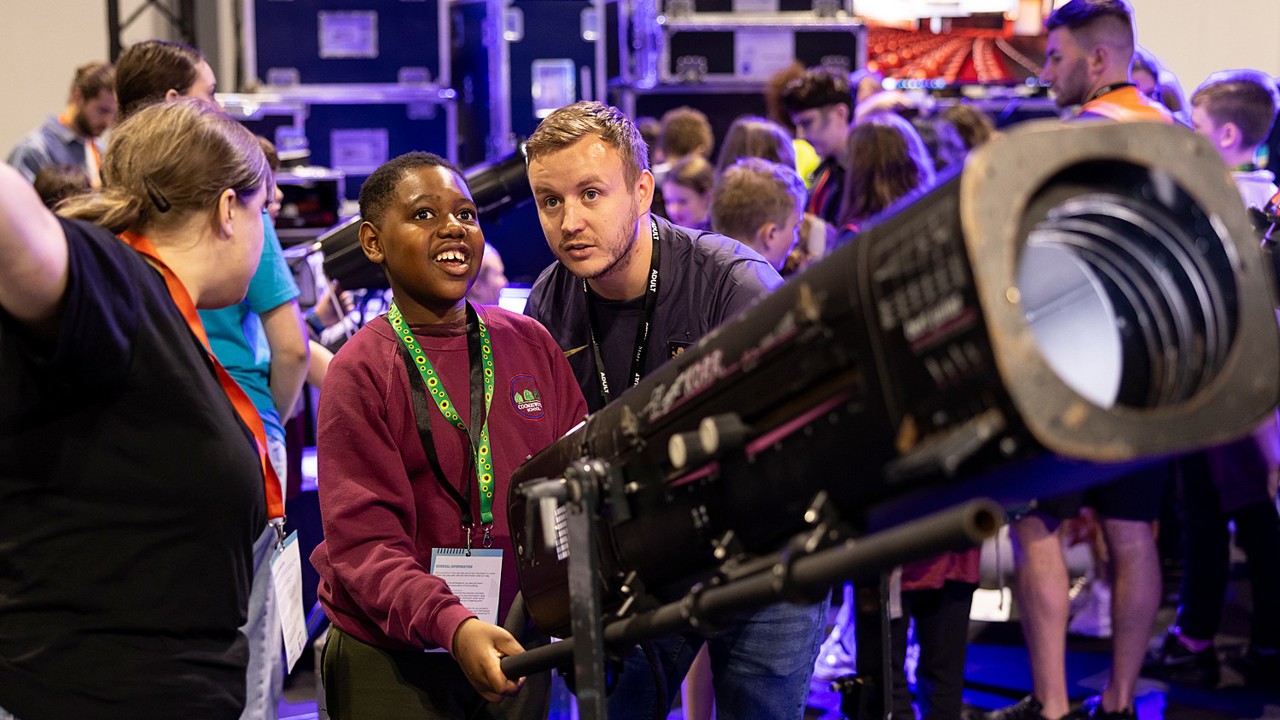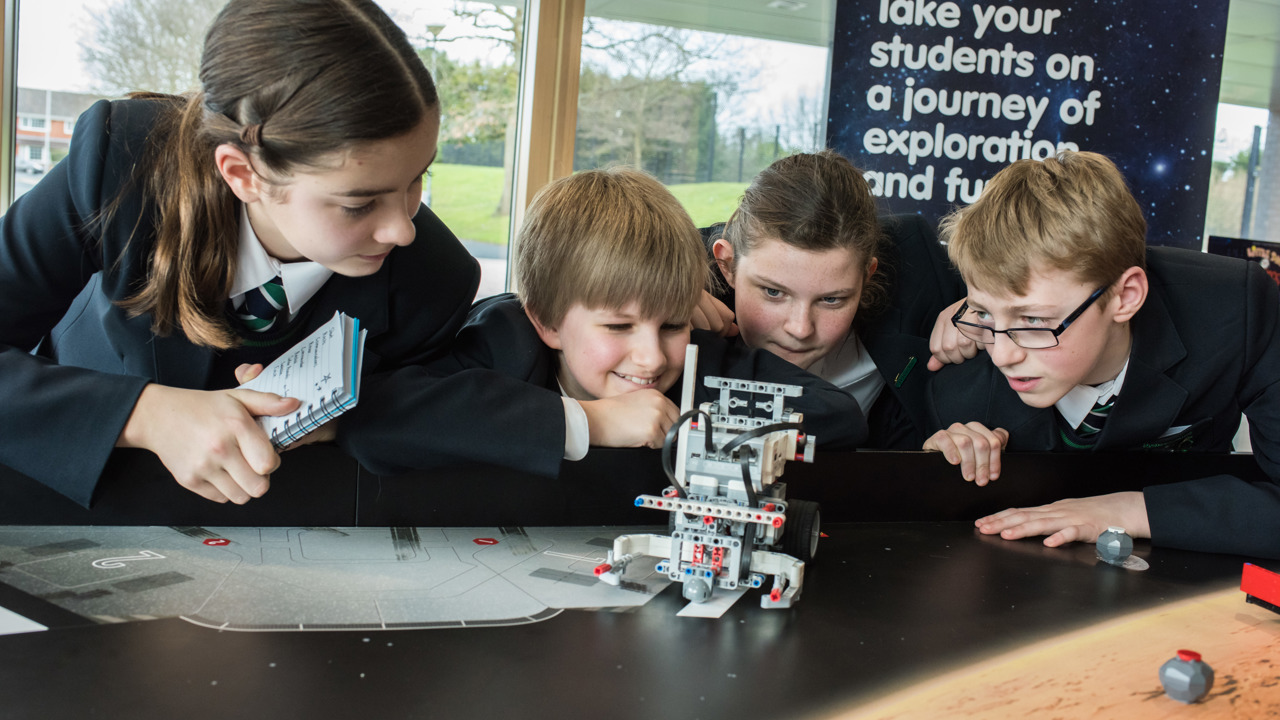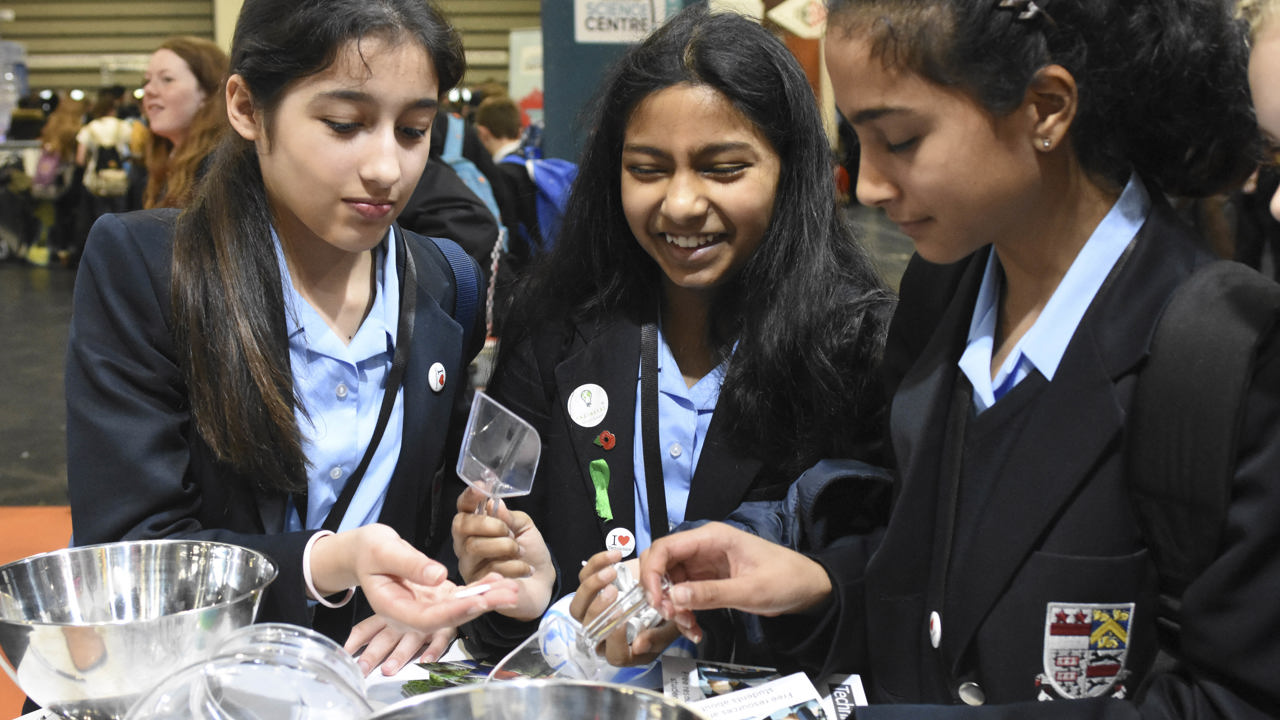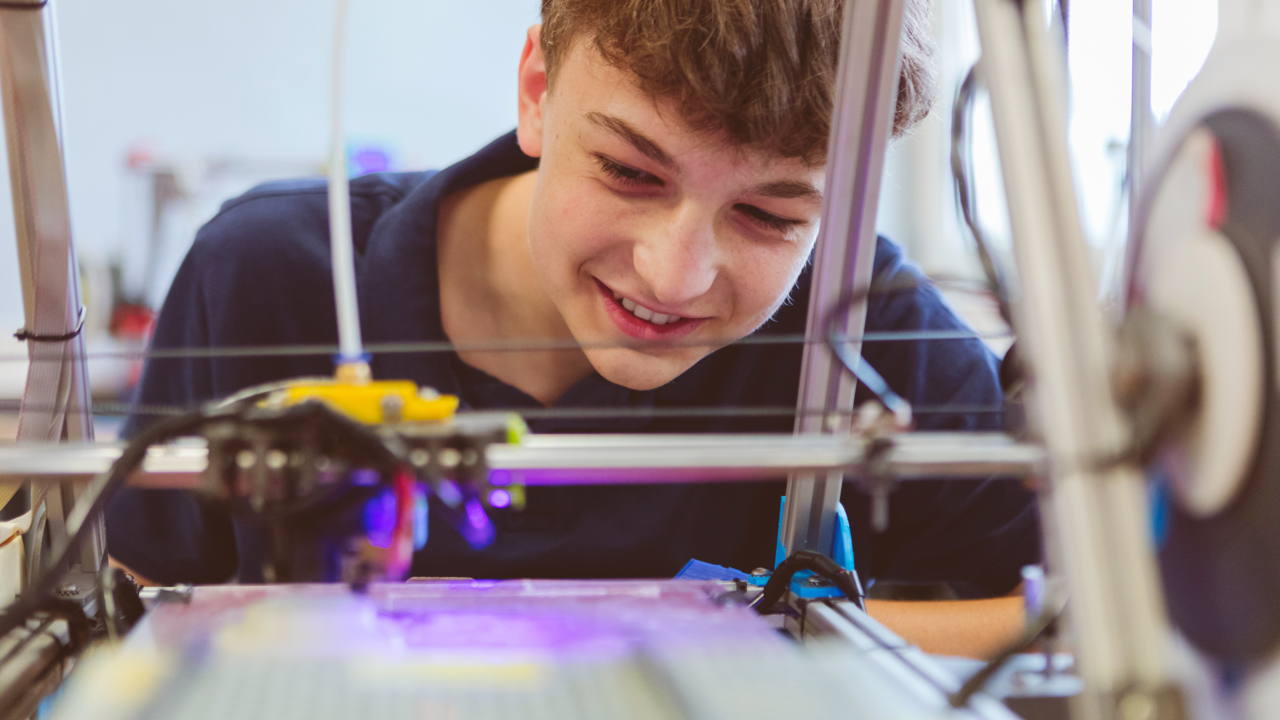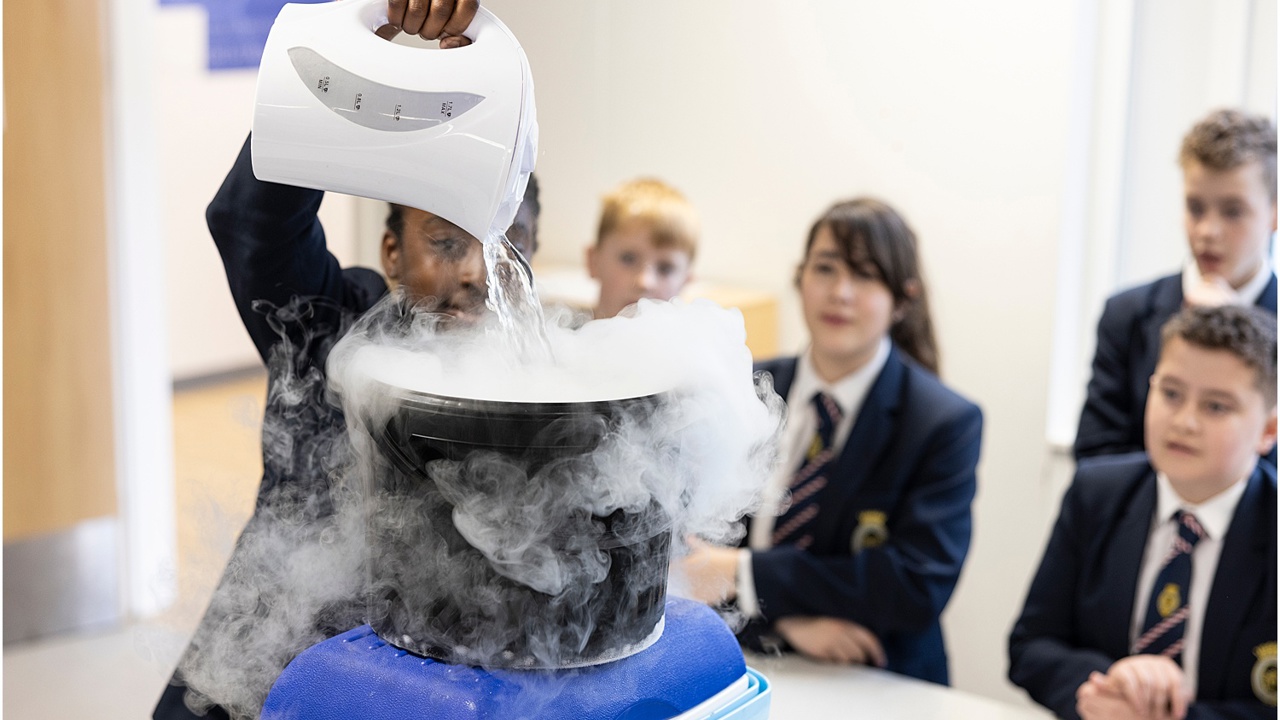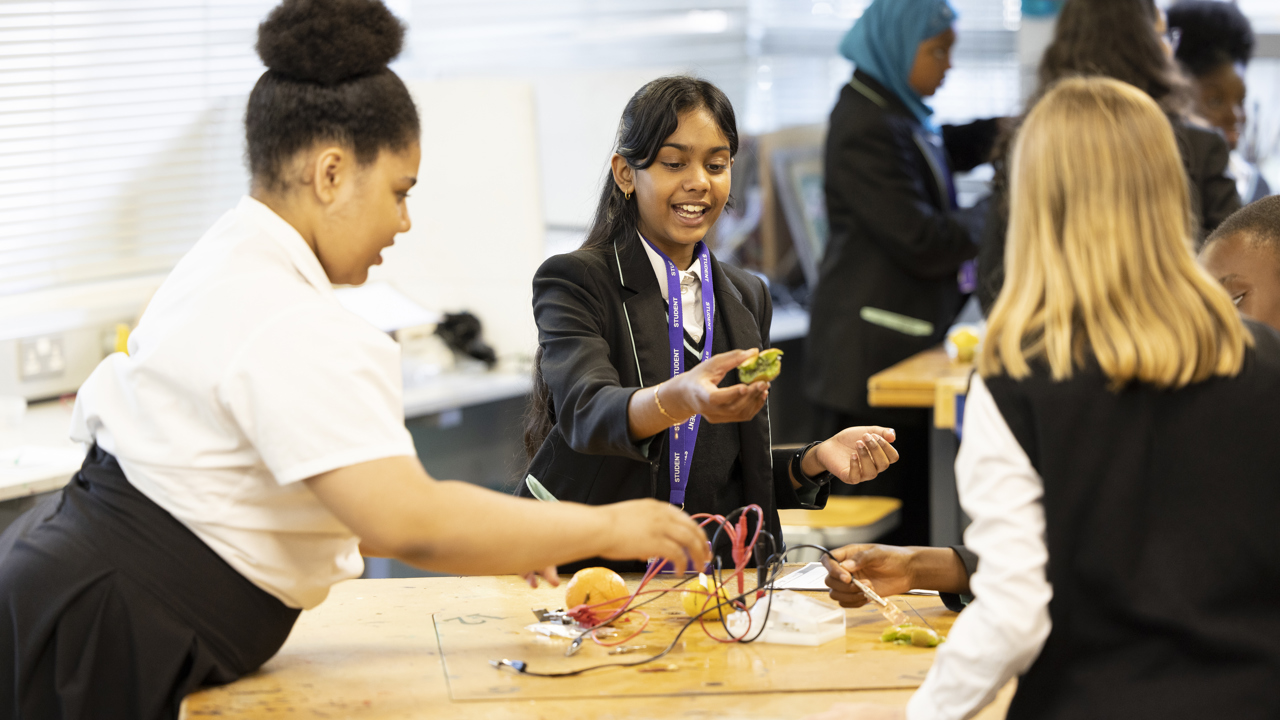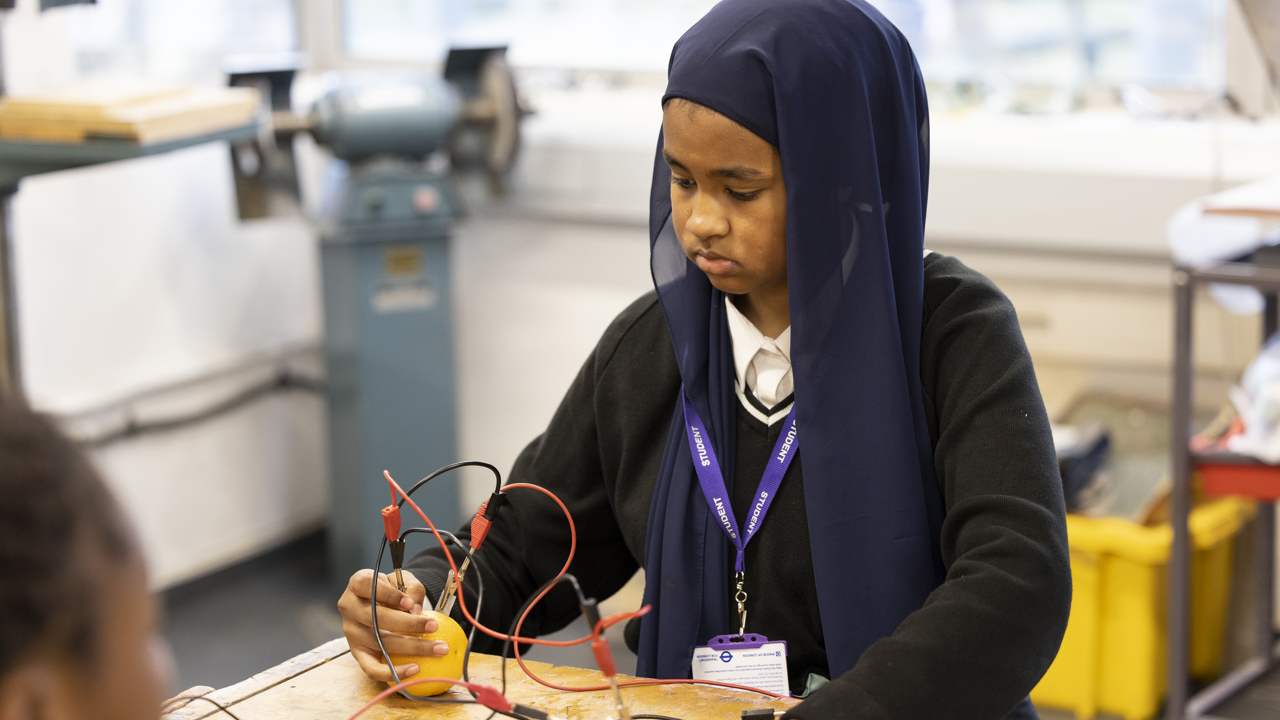
Overview
We want all engineering outreach and engagement activities to have a real and positive impact in informing and inspiring young people about engineering careers.
We have developed an impact framework for engineering outreach that reflects how we believe engineering outreach activities can collectively make an impact on young people’s educational and career choices.
A multi-faceted issue requires a multi-faceted solution. Over the course of their lifetime, young people are influenced by a multitude of factors and actors that together affect their educational and career choices.
We have set out to provide a framework the sector can use to map activities and organisations against specific outcomes and stages within young people’s journeys. And in doing so, better assess the purpose of these activities/organisations and how they work together.
Impact framework
Who this is for
- Researchers
- STEM outreach organisations
- Policymakers
- Professional Engineering Institutions
- Employers


